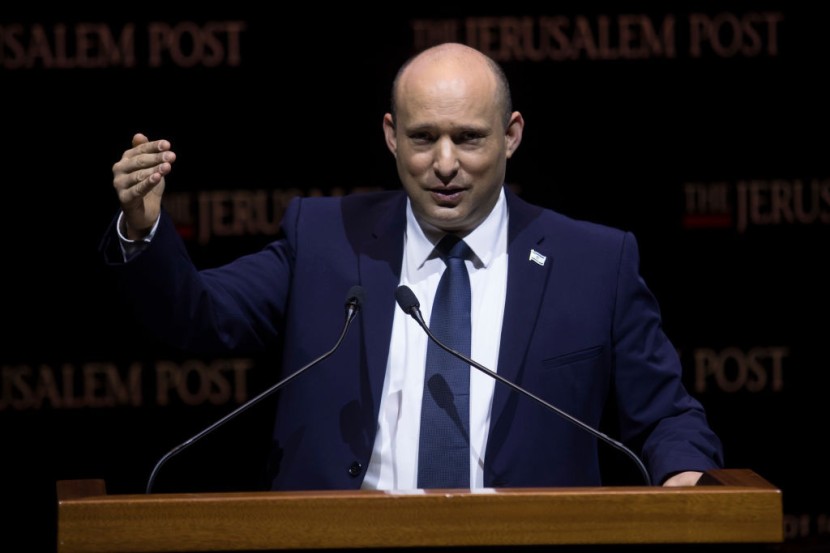
Israeli Prime Minister Naftali Bennett on Sunday criticized a surfacing deal over Iran's nuclear program, saying that it would be "weak" compared to a previous agreement resulting in a deadlier Middle East.
Many nations have been working to negotiate the revival of the 2015 nuclear deal in Vienna after former United States President Donald Trump left it in tatters by withdrawing. Originally, the deal granted Iran relief from crippling economic sanctions if it agreed to curb its nuclear program.
Iran's Nuclear Deal
However, Israel forcefully disagreed with the deal, urging negotiators to take a hard line against Iran in the most recent talks. Bennett spoke to Jewish American leaders on Sunday warning that Iran has taken advantage of the interim period to move forward with its enrichment of uranium to levels that come close to being weapons-grade.
Furthermore, the Israeli prime minister said that the 10-year limits on enrichment and other crucial aspects of Iran's nuclear program from the original deal were set to be lifted in 2025, which is less than three years from now, as per ABC News.
Bennett also argued that Iran will agree on a new nuclear deal with major powers "shortly" but warned that it would be "weak" compared to its predecessor. The prime minister's remarks were made ahead of a cabinet meeting following indications of a deal in Vienna.
The new negotiations surrounding the deal, known as the Joint Comprehensive Plan of Action (JCPOA, have been taking place in the Austrian capital since late November. The discussions involved the United Kingdom, China, France, Germany, and Russia. Indirectly, the United States was also involved in the negotiations.
According to Aljazeera, on Sunday, most of Iran's parliamentarians said that the nation's government would not agree to a new accord unless their demands were met. This includes the assurance that the U.S. and European nations did not again withdraw and reimpose crippling sanctions,
Danger to the World
At the start of the cabinet meeting, Bennett argued that there were two major factors that have appeared since the 2015 deal. First, Iran has vastly improved its enrichment capabilities, and second, time has passed.
Bennett noted that, under the new agreement, Iran will be allowed to build "stadiums of advanced centrifuges without restrictions" after the deal lapses in two and a half years. The Israeli prime minister said his administration was organizing and preparing for the day after to maintain its country's security and the safety of its citizens.
He argued that in exchange for signing the agreement, Tehran will receive billions of dollars due to the removal of the sanctions. Bennett said that Iran will use the funds to terrorize people in the region.
Bennett added that the situation threatened his nation and endangered other countries in the region as well as American forces. Tehran is known for backing several groups in the region, including Hezbollah terrorists, Gaza terror factions, and Yemen's Houthis. They are also known to have proxies in Iraq and Syria. In recent weeks, there has been an uptick in drone and cruise missile attacks conducted by these groups, the Times of Israel reported.
Related Article:








